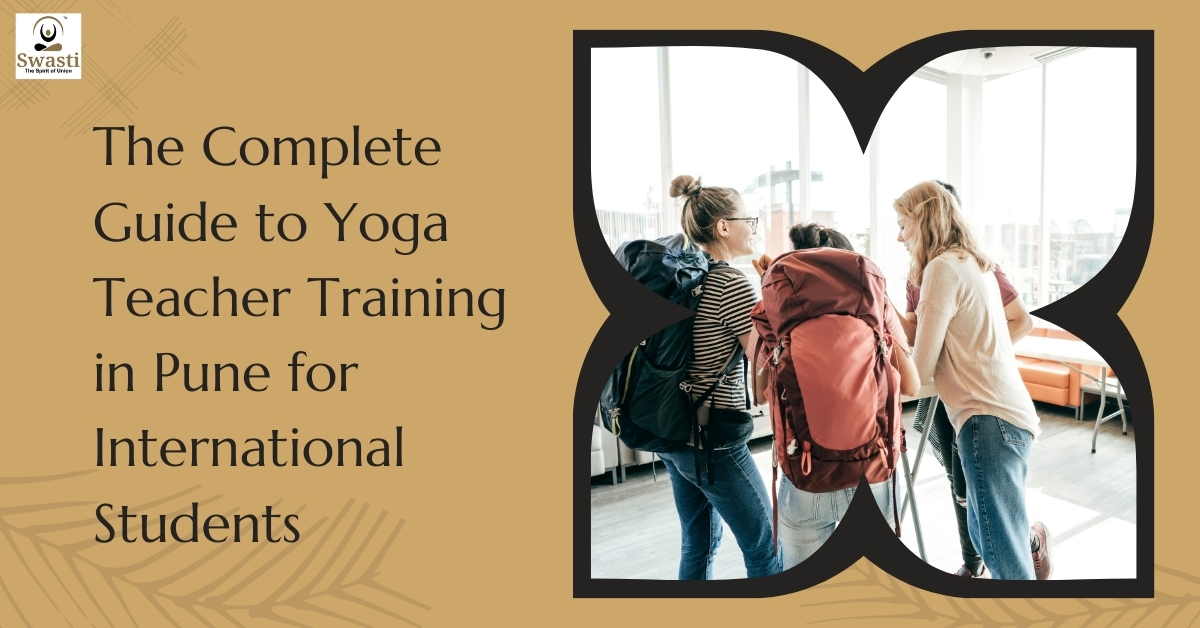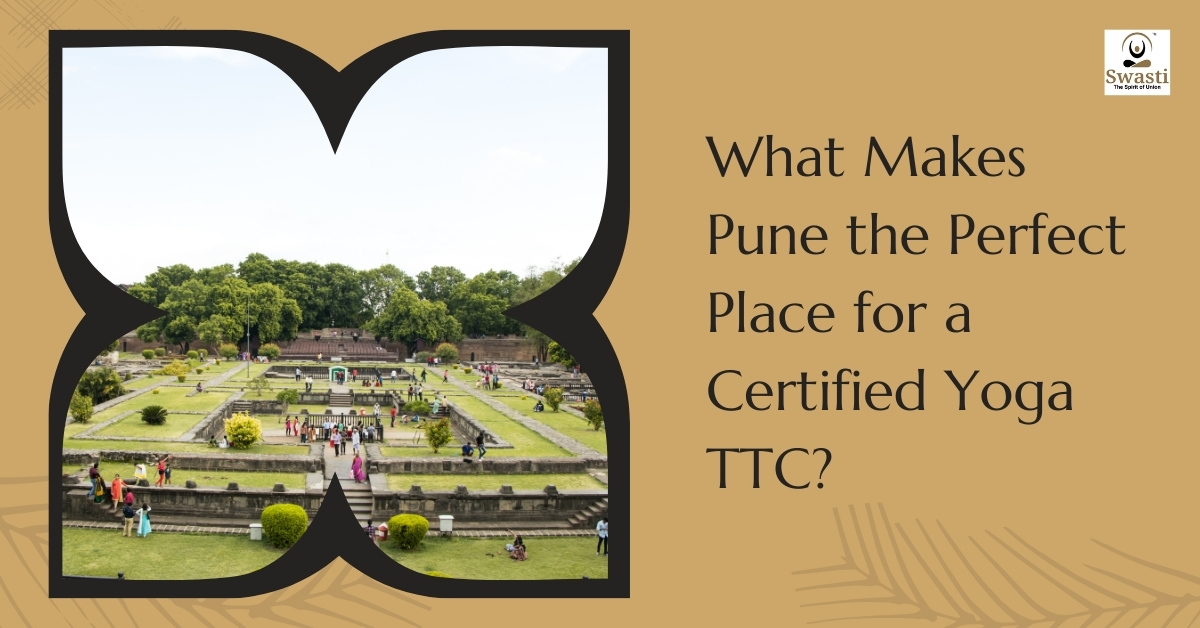
Why Foreigners are Choosing Yoga TTC in Pune for a Meaningful Vacation?
In today’s fast-paced world, vacations are no longer just about ticking off tourist destinations or lying on a beach. Many travelers, especially from Europe and the United States, are seeking experiences that help them disconnect from the daily grind and reconnect with their inner selves. One trend that has gained significant momentum is combining travel with wellness activities, specifically yoga. A yoga vacation offers the chance not just to relax but to rejuvenate the mind, body, and soul. Among the many destinations offering yoga teacher training courses (TTC), Pune in India has emerged as a preferred choice for foreigners. Known for its spiritual and academic history, Pune offers a harmonious blend of tradition and modernity that draws yoga enthusiasts from across the globe. More than just a tourist destination, Pune invites travelers to embark on a journey of personal transformation through yoga teacher training. Why Pune? A Yoga Capital with Cultural Depth When it comes to yoga, India is the birthplace of this ancient practice. While many Indian cities offer yoga training, Pune stands out as a yoga capital for several reasons. First, it is home to a rich history of spiritual and wellness practices. The city has long been a center for learning and growth. Pune’s atmosphere is calm and conducive to introspection. The city provides the ideal environment for yoga practice, with access to lush green spaces, peaceful surroundings, and a mild climate that allows for year-round practice. For foreigners, the cultural depth that Pune offers goes beyond just yoga. Here, visitors can immerse themselves in the teachings of yoga while experiencing the vibrancy of Indian culture, be it through festivals, temple visits, or spiritual gatherings. The blend of culture and yoga is a big reason why many foreigners feel called to come to Pune for a deeper experience. Additionally, Pune is highly accessible for international travelers, with its well-connected Pune International Airport and developed infrastructure. The city’s welcoming environment and the presence of many international students make it easier for visitors to acclimate to life in India, enhancing their overall experience during their yoga teacher training course. You may like to read: What Foreign Students Should Know Before Joining a Yoga TTC in India? The Unique Appeal of Yoga TTC for Foreigners Foreigners have been flocking to India for years to discover the deeper roots of yoga, and Pune is a perfect location for such an exploration. The idea of a yoga vacation, combining physical and mental well-being with travel, appeals to those seeking more than a break from work. It’s a vacation where they get to work on themselves. Rather than returning from a trip feeling tired or uninspired, yoga TTC attendees leave with a sense of fulfillment and a new skill set they can carry into their everyday lives. The appeal lies in the holistic nature of a yoga TTC. It isn’t just a series of physical exercises; it is an immersive experience in yogic philosophy, meditation, breathing techniques (pranayama), and a deep understanding of oneself. Many foreigners find this a meaningful alternative to typical vacations, which may not provide the same lasting benefits. Moreover, yoga TTC in Pune offers a perfect balance between learning and leisure. Students can spend their mornings in yoga training and afternoons exploring the cultural richness of Pune or enjoying its natural beauty. By the end of the training, students have not only gained certification but also an enriching life experience that resonates deeply on a personal level. What Makes Yoga TTC in Pune Special? Pune offers yoga TTC programs that are rooted in authenticity and tradition, a key attraction for international students. What makes these courses special is the depth of training they provide. With instructors who are not just teachers but lifelong practitioners of yoga, students receive teachings that go beyond mere physical postures (asanas). These instructors bring a wealth of knowledge about yogic philosophy, Ayurveda, and spirituality, ensuring that each participant leaves with a comprehensive understanding of yoga. Yoga TTC in Pune also stands out because the certifications obtained here are globally recognized. Whether one is pursuing a 200-hour course to become a certified yoga teacher or more advanced certifications, Pune’s yoga centers offer a range of courses tailored to international standards. The AYUSH-certified programs, in particular, are highly sought after, providing credibility and recognition in the international yoga community. The curriculum typically covers not just physical postures but also meditation, pranayama, anatomy, and teaching methodology. The goal is to turn students into competent and confident yoga instructors who can share their knowledge with others. This holistic approach makes the training programs in Pune unique and highly respected worldwide. You may like to read: What Makes Pune the Perfect Place for a Certified Yoga TTC? Combining Yoga and Local Experiences One of the most appealing aspects of pursuing yoga TTC in Pune is the opportunity to combine it with rich local experiences. While the primary focus is on learning and self-growth, students are also encouraged to explore Pune and its surroundings. From visiting ancient temples to participating in local festivals like Ganesh Chaturthi and Navratri, students can experience the vibrant traditions of India. These experiences provide a deeper connection to Indian spirituality, which complements the yoga practice. For instance, visiting ancient yoga ashrams, meditating at sacred sites, or simply enjoying nature in Pune’s serene surroundings enhances the overall yoga training experience. Additionally, the chance to explore Indian cuisine, learn about Ayurvedic practices, and enjoy the unique blend of Indian music and art adds to the meaningfulness of the vacation. Yoga TTC in Pune is not just about completing a course; it’s about immersing oneself fully into the culture and traditions that have kept yoga alive for centuries. A Community of Like-Minded Learners Yoga TTC in Pune attracts a diverse group of international students, all united by a shared goal: to deepen their yoga practice. This creates a unique sense of community, where people from different parts of the world come together and form lasting friendships. Being surrounded










